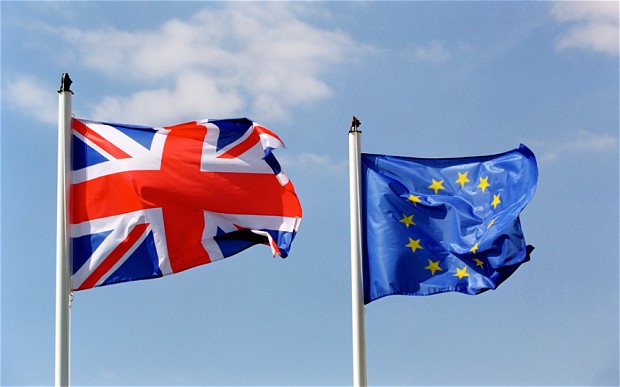It is very tempting for political leaders to react to Trump’s victory with anger or disdain. Leaders who express such sentiments can be sure to get applauded.
But to alienate the next US president is unwise as it is going to hurt European interests.
Europe is not strong or independent enough to survive a more or less hostile Trump presidency without major damage. It needs an active and engaged United States: to keep Nato alive and kicking, to help manage relations with Russia and to deal with instability in the Middle East and North Africa. Furthermore, Europe has a major interest in having an influence over US-China relations, as peace in East Asia is of vital interest for the European economy.
All these goals cannot be achieved against the US or independent from the US.
But at the same time it is totally unclear whether Donald Trump is inclined to pursue a policy that is in Europe’s interest, to say the least. There is no way to know to what extent Trump means what he said during the campaign, and whether his ideas will be fundamentally changed when they are channeled through his future administration. His policies as a President are unknown and impossible to know with certainty as he has no record.
But one has to start with the worst case assumption that Trump may follow through with what he said. That could lead to: policies that would put Nato’s existence at risk; a deal with Putin over spheres of influence; unconditional support for Russia and Assad in Syria; for starters.
European leaders need to engage in damage control. There are two pillars of such a strategy:
1) Resist: European leaders — including Britain — must push back against attempts by the Trump administration to weaken and undermine Nato, they must oppose a grand bargain with Trump over Eastern Europe — especially Ukraine — and the Middle East — especially Syria. European leader must present unity towards Washington, and they must understand that the only way to prevent the worst from happening is to act in concert. They should start right now to build such a united front.
2) Integrate: At the same time, Europeans must reach out to Trump and to his team. They should start a charm offensive. Not each for himself, but in a coordinated manner. Trump has some general ideas or sentiments but he has no policies so far. European leaders, especially the leaders of Germany, France and Britain must seek to influence Trumps views and policies on international politics. The more often they talk to him the better. Putin has already started his own charm offensive, and European leaders should not leave the floor to him alone.
There is no guarantee for success. But given the enormous stakes, European leaders must quickly get their act together and act, trying to prevent the worst and to hope for an outcome that is more or less acceptable.
At the same time, Europeans need to work on a plan B which is broadly speaking: growing independence from the US, growing ability to act alone; a concert of European powers. This is something in which the capitals of the major European powers need to take the lead: Germany, France, Britain. And it is not for the short-term; it will take some time. But the time to start to work on that is now.
Ulrich Speck, 9/11/2016








